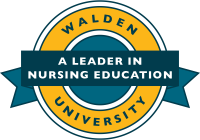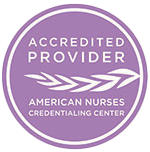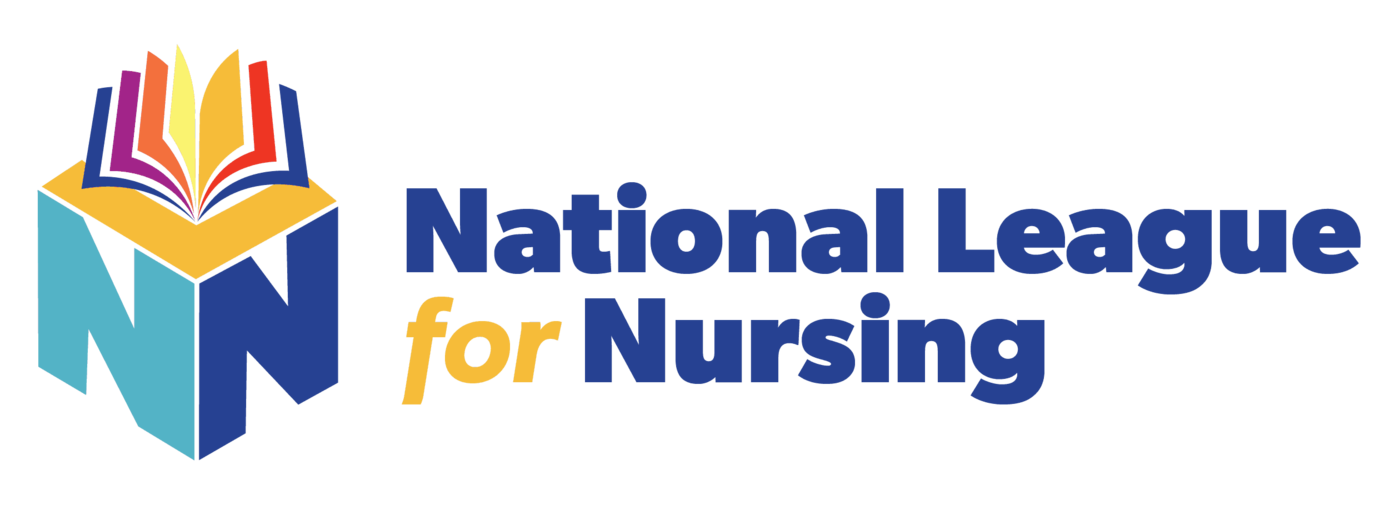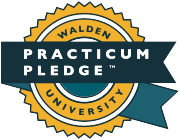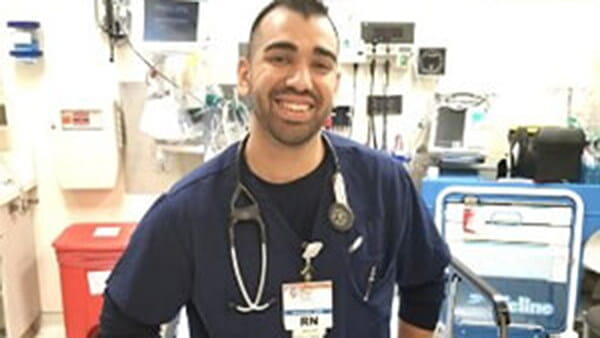View our BSN degree completion requirements
- 181 quarter credits (course-based learning) / 180 quarter credits (Tempo Learning®)
- General education courses (50 cr.)
- Core courses (51 cr.) (course-based learning) / Core courses (50 cr.) (Tempo Learning®)
- Prior nursing credit/elective courses (80 cr.)
Disclaimer:
Students may be eligible to transfer up 135 credits.* At least 45 credits must be completed at Walden. Transcripts and diploma information will be evaluated to determine the extent of credit awarded. Nurses admitted to the program who:
received their Associates in Nursing from an Accreditation Commission for Education in Nursing (ACEN) or Commission on Collegiate Nursing Education (CCNE) accredited program, or a Council for Higher Education Accreditation (CHEA) or Department of Education (DOE) accredited institution;
completed a program that included at least one Anatomy & Physiology course; and
have an active, unencumbered RN license
Courses
Walden’s BSN degree program focuses on key skills in leadership, community health, and health promotion to help you make a greater impact as a nurse.
Time to completion will vary by student, depending on individual progress and credits transferred, if applicable. For a personalized estimate of the number of your transfer credits that Walden would accept, call an Enrollment Specialist at 844-767-3853.







